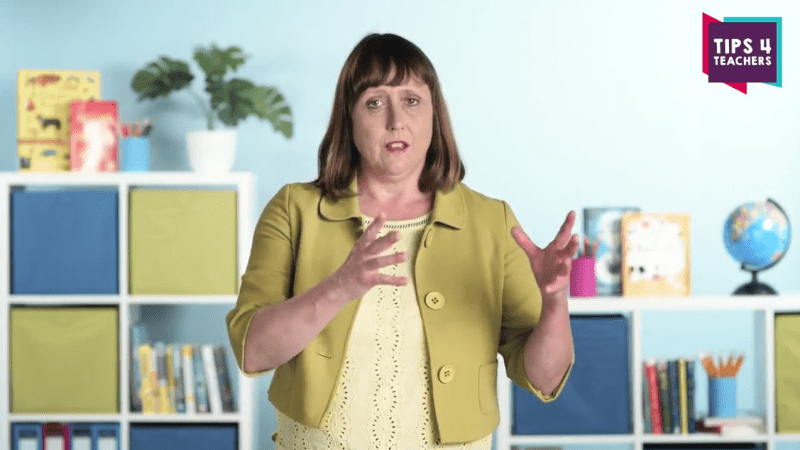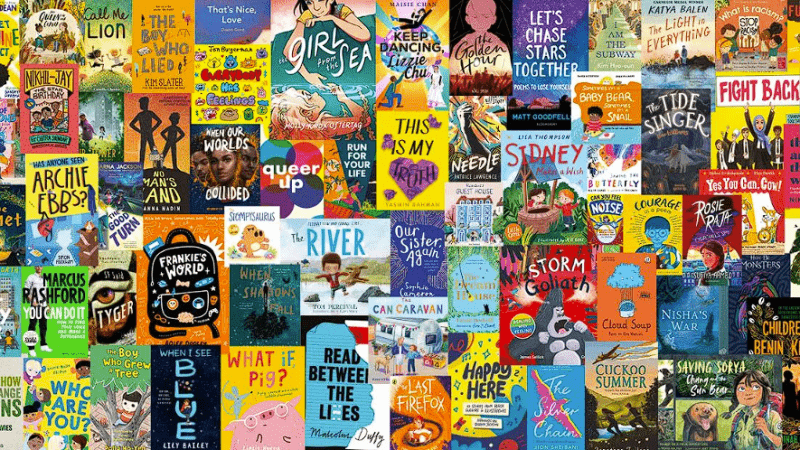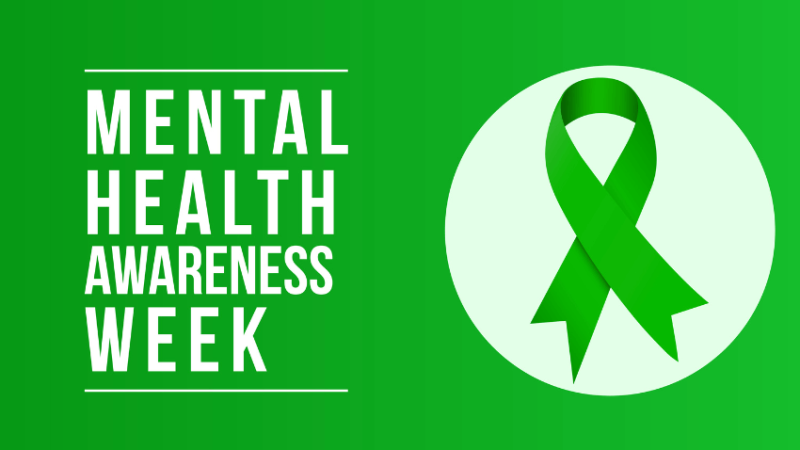What if parents are right about SRE?
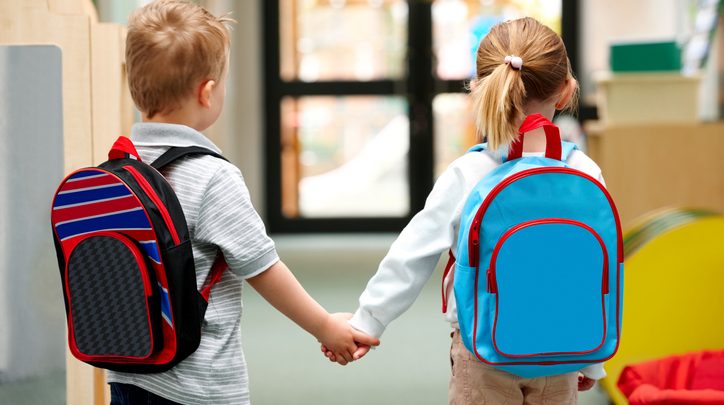
Are we really happy for the state to mandate what a healthy relationship looks like? Christopher Beckett isn't convinced…
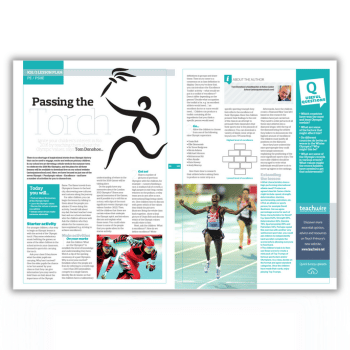
The recent and ongoing protests by parents at Parkfield Community School and Anderton Park School, in Birmingham, have shed a light on the teaching of sex, relationships and sexuality in schools in England and Wales. The row erupted over ‘No Outsiders’, a programme of lessons created by assistant headteacher Mr Moffat, raising awareness of the existence of LGBTQ+ relationships and being taught to children as young as 4 years of age. Fierce debates have occurred. Some accuse parents of being homophobes and not keeping up with the changing nature of UK society. While defenders have agreed that it is the right of parents to withdraw their children and, ultimately, that matters of sex and sexuality are the preserve of the home and are matters of private conscience.
This all comes at a time when the government has expanded existing Personal, Social, Health and Economic (PSHE) education to include Relationships and Sex Education (RSE). From September 2020 it will be compulsory for all state maintained primary and secondary schools to include some form of Relationships and/or Sex Education in their curriculum. The aim of RSE, according to Gavin Williams MP, Secretary of State for Education, is to teach children about “the emotional, social and physical aspects of growing up, relationships, sex, human sexuality and sexual health.” The new legislation also goes some way to try and address existing guidance around the use of the internet and online safety.
What makes this debate even more interesting is that research has shown that Millennials are having less sex, drinking, taking drugs and smoking less. If they are less likely to engage in these risky behaviours, is there any need for the extension of PSHE and RSE education? Surely the younger generation, now being more risk-averse, are safer than they’ve ever been?
However, the question remains – is it the place of the State and schools to teach children about sex and sexuality? As Joanna Williams has argued, we are in danger of entering a brave new world of state approved sex and relationships. While the desire to try and help children through these messy stages of life comes from a good place, does the state have a right to mandate what a healthy relationship looks like?
Since elementary education was introduced there has always been a suspicion that parents don’t know what is best for their children’s moral development. The education system has taken an ever increasingly intrusive role particularly since the beginning of the post-war period, as it has been morphed more into an arm of social care. More recently, you only need to look at programmes like PREVENT that are, again, changing the role of teachers and schools to include them in policing.
Illustrative of this tendency is the response by the Welsh government. It has proposed plans to remove the right of parents to withdraw their children from these classes. Welsh Education Minister Kirsty Williams has argued: ‘We don’t give parents the right to withdraw from specific parts of the curriculum – maths or maybe science”. But the reasons for this are clear. Maths and science, and academic subjects, expand the minds of young people. They open them up to the beauty of the world, to the amazing things that humanity has discovered and offer children to make greater contributions to the knowledge of humanity. Most importantly, however, they don’t overstep the boundary of the private home and expand into the personal ethics of family life.
Increasingly, RSE classes threaten a key role of the parent: transmitting moral and ethical guidance in the safety of the home as and when they think their children are ready for it. Teachers, even though we like to think we have children’s best interests at heart, are simply not in the right place to intervene in these private and intimate decisions. Few would deny the good intentions of those who want to expand the role of RSE – but they are playing a dangerous game, and undermining the role of parents. Schools should butt out of family private life.
Christopher Beckett was involved in the debate Who should teach our kids about relationships and sex? at the Battle of Ideas festival in London.
Browse resources for Sexual Health Week.







